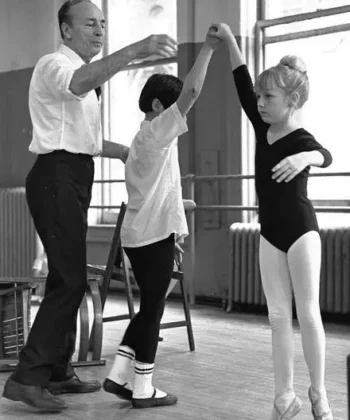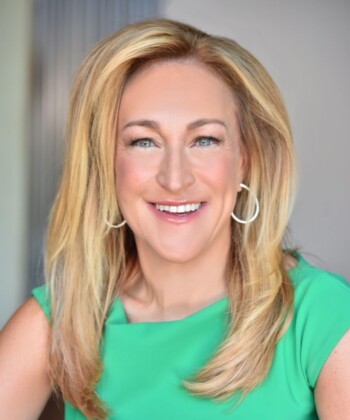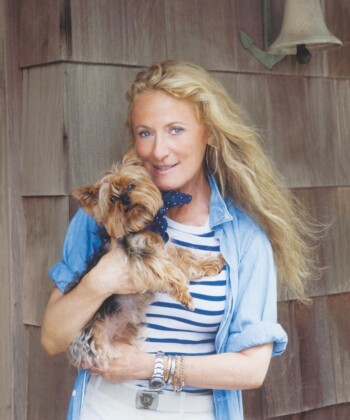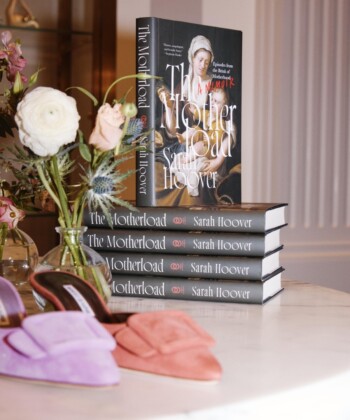Richard Kirshenbaum might have made his bones in advertising—he’s the man behind firms including Kirshenbaum Bond + Partners and NSG/SWAT—but his reputation has come entirely from his writing. As a columnist for the New York Observer, Kirshenbaum’s gained acclaim (and ruffled a few feathers) thanks to his gimlet-eyed look at the world of Manhattan’s upper crust, and that’s also what he offers in his new collection of essays, Isn’t That Rich? Life Among The 1%.
Over the course of 22 essays, Kirshenbaum delves into the funny, offbeat and sometimes profound lives of the haut monde, and leaves readers with an unforgettable peek into a rarefied slice of society. Here, the writer explains what kick started his reporting career and how it’s earned him cheers—and a few jeers.
You’re an advertising guy. When did you start writing?
About three years ago, I met an editor from New York magazine and she then went over to the New York Observer. I had already written a book called Madboy, and there was a chapter in the book about New York and she really liked that. She called me and asked me to do a column and I had the idea of writing about the one percent.
Did writing about that world come easily?
The first column I wrote was about drivers being the new dads and after the paper ran the column, all hell broke loose. Most people were laughing, but some people got so angry with me; I had friends calling and accusing me of writing about them. I was taken aback as I hadn’t realized this would hit such a nerve. From there, the paper wanted me to write the column monthly.
Did you keep getting that kind of reaction?
From then on, it was the same thing happening and I started to build an incredible audience. I knew I was really on to something when I wrote a story called “The Emptons,” about the emptying out of the Hamptons, and two weeks later as I walked into a Memorial Day party, a hush fell over the whole crowd. I was like, what happened, but then I realized people were talking about me. It was really polarizing.
You’re unfailingly honest in these stories. Do you worry about losing access to the sort of people you write about?
Yes. At one point I was in Capri and I saw this couple that’s well known in New York. The woman came up and started shouting at me, telling me how awful I was. She said to my wife, ‘How could you be married to him?’ But my wife was the one who told me not to change a word for anybody, so I don’t really care what other people think.
What was the most difficult topic in the book to tackle?
When I wrote about the entitlement of some of the kids I see, I knew it would ruffle some feathers. And it did. I had a lot of parents get in touch with me after that.
Do you go into some of the columns expecting that kind of backlash?
Someone I know very well called me and said he was so upset I wrote about his brother and his wife. I said I didn’t write about them, I didn’t know what he was talking about. He seemed almost deflated. When it comes to writing about these people, you’re damned if you do and damned if you don’t.






































